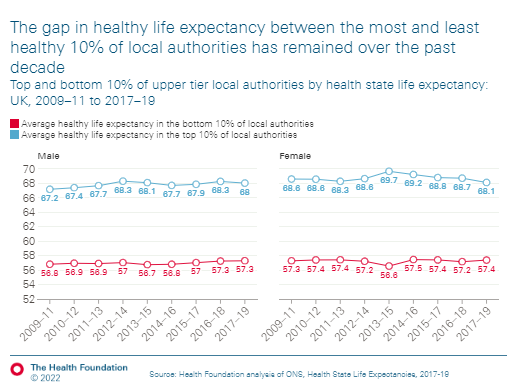V interesting, contrary to what @PHE_uk have find in their weekly surveillance report based on cases. @ONS survey finding infections rates rising fastest among least deprived population groups
https://twitter.com/ONS/status/1310504949361643520
The ONS survey is representative, which generally means it's trusted as a clearer picture of what's going on nationally that national case data where access to tests is limited.
ONS suggest cases driven by those under 35 y/o, who have large numbers of contacts/social gatherings.

ONS suggest cases driven by those under 35 y/o, who have large numbers of contacts/social gatherings.


It's not students, but recent travel abroad seems important. Note ONS point about young people working outside home not necessarily being different to young people working elsewhere. 





So it's young, less deprived adults having large gatherings.
Why is deprivation data different to PHE data?
In those 17-19yrs, PHE doesn't see socioeconomic gradient, but does find more cases among more deprived population groups in other age gps <40yrs
Why is deprivation data different to PHE data?
In those 17-19yrs, PHE doesn't see socioeconomic gradient, but does find more cases among more deprived population groups in other age gps <40yrs
https://twitter.com/ADMBriggs/status/1309552289674387456?s=20
Likely, in part, to do with provision of limited tests to areas with high case numbers, but would have thought this would also show up in ONS data.
Maybe outbreaks more likely among more deprived population groups (therefore get tests), or due to other targeted testing progs?
Maybe outbreaks more likely among more deprived population groups (therefore get tests), or due to other targeted testing progs?
Or less deprived people not wanting to get tested, may not think they need to, don't have jobs that rely on face-to-face contact (although that's not showing up in the ONS data by workplace).
Would like to see results by whether cases are part of a known outbreak or not - may be less deprived cases are part of clusters/social gatherings/holidays not known about or followed up, whereas more deprived are part of investigated workplace outbreaks?
Suggests that people in more deprived areas are getting tests, possibly more than in less deprived areas (meaning test positivity may actually be higher in people <35)
Questions remains whether cases in less deprived areas who might not be getting tests have Sx/are isolating?
Questions remains whether cases in less deprived areas who might not be getting tests have Sx/are isolating?
Bottom line is, I don't know what's going but would love to dig into this discrepancy more.
Any ideas @chrischirp, @NickStripe_ONS others?
Any ideas @chrischirp, @NickStripe_ONS others?
• • •
Missing some Tweet in this thread? You can try to
force a refresh

























